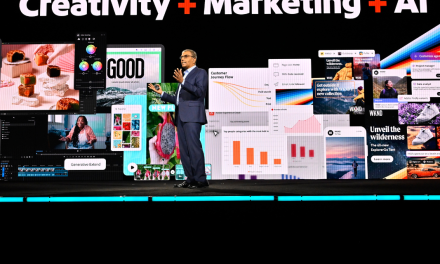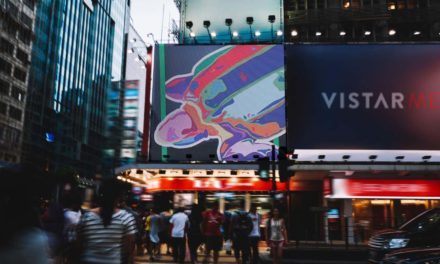While DX is shaking up manufacturing and operations, have marketing and branding efforts also digitalized via data intelligence?
Is there a clear gap between brands in terms of future-readiness in the ‘post-pandemic normal’ that will drive survival and growth?
According to a 13-country APAC study from 27 July – 3 Sep by GfK on branding and marketing trends, only 30% brands out of the 144 in various industries considered themselves as ‘game changers’ or ‘champions’ in employing data-driven decision making for marketing and branding DX.
Marketers were facing reduced budgets, an evolving marketing mix, changing priorities and challenges measuring marketing returns on investments (ROI). Since the pandemic outbreak, 73% had reduced their marketing budgets. Of the 61% indicating a shift in KPIs and how they measured it:
- 56% said digital transformation was increasingly seen as an important key performance index by which to achieve their goals
- 53% agreed there was more focus on driving short-term sales
- 37% said there was a shift towards maximizing ROI
In terms of new priorities among those surveyed, 56% said it involved maximizing marketing ROI, followed by half saying it involved driving sales, and finally, 40% indicating that it was about brand positioning.
Said Karthik Venkatakrishnan, Regional Leader, Marketing and Consumer Intelligence, GfK: “The survey findings portray a clear gap between business goals and the tools leveraged to achieve them. In a post- pandemic environment, it is vital for brands to quickly realign objectives, measure effectiveness and lead through digital transformation.”
Doing ‘more’ with ‘less’
According to the study, half of the brands across APAC are driving short-term marketing activities to seize opportunities while keeping long-term brand-building campaigns live. “This is largely because the pandemic has impacted consumer behavior and their path-to-purchase resulting in a massive shift to e-commerce and altering media consumption habits. With this dynamic situation, brands are trying to deliver next level of omnichannel experience that consumers are demanding,” explained Venkatakrishnan.
In the study, four in five consumers said their decision to purchase a brand in future was largely dependent on how brands position themselves during this difficult period. Therefore, in order to reach the target audience effectively, 60% of respondents across nearly all industries in APAC had allocated their budgets for social media marketing while 58% used their budgets for mobile advertising and paid search. In a post-pandemic environment, digital is definitely the way forward for brands.
Across the APAC countries, 62% of marketers in Singapore invested more towards public relations, while more funds were allocated for influencer marketing in Thailand and Indonesia. In China, Hong Kong and Malaysia, there was a shift toward live activation due to the drop in COVID cases. In India, 78% of marketers had shifted budgets towards social media—a much higher rate than that of other countries in the region.
Success mantra of ‘game-changers’

In the DX era, one in two of the respondents measured all their marketing activities but were using basic metrics such as last click attribution (58%), media reach and frequency (57%), shares (51%), likes (49%) and comments (47%)
Nearly four of 10 surveyed indicated brand positioning as one of their priorities. Also, 72% within this group currently did not track brand performance. Likewise, 28% said the allocation of marketing budgets was a key concern post-pandemic, and 83% did not use any form of data-driven marketing measurement to drive business growth.
Based on the survey, nearly half were optimistic of recovery in the next six to 12 months. Brands and marketers across APAC intended to understand and engage their audiences effectively:
- 61% were looking to gain more knowledge on various consumer engagement channels
- 59% were aiming to have better understanding of consumer behavioral changes and preferences
- 43% were also planning to explore opportunities to reposition brand values
Can we conclude that brands and marketers need to have an agile mindset and employ data-driven approaches to evolve with fast-changing times?



















